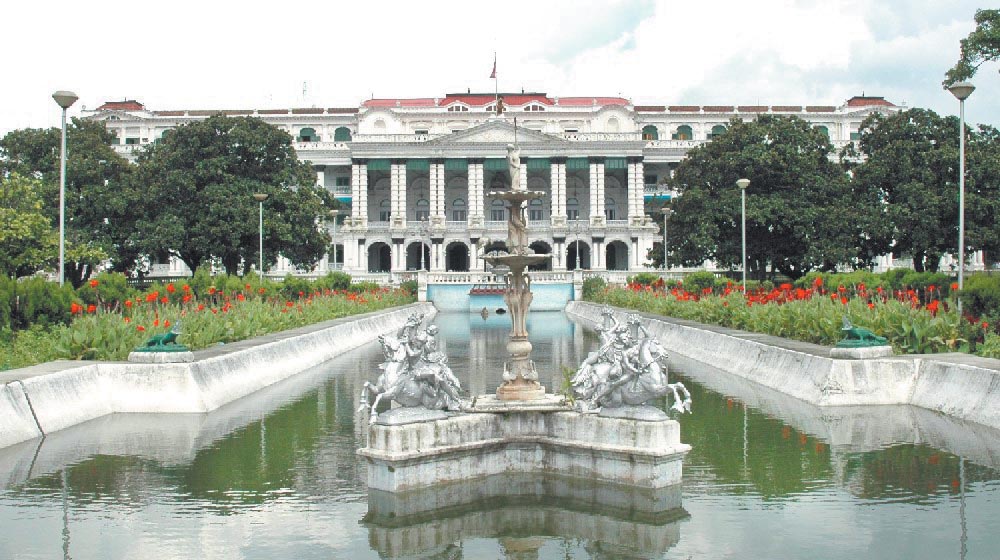Little time left to appoint guvs
Little time left to appoint guvs
Published: 05:30 am Nov 09, 2017

Kathmandu, November 8 Constitutional experts say the president should appoint governors in seven provinces as soon as possible. Governors will have to administer the oath of office and secrecy to the seven chief ministers. They call the session of provincial assemblies and end it on the recommendation of provincial governments. Constitutional experts Surya Dhungel, Chandra Kanta Gyawali and Bhimarjun Acharya said the government should have appointed governors by now, as provincial and parliamentary polls are barely a month away. Dhungel said the president should have appointed governors much earlier so that they could have established their offices by now. “Whether the governors should be appointed by the incumbent president or a new president after the provincial and parliamentary elections is a question of morality,” Dhungel said. He added that the incumbent president could appoint governors on the recommendation of the government for a full five-year term or for shorter terms of one or two years. He said the governors would play the role of heads of provinces and the government should try to appoint politically neutral persons who are well-versed in federalism. “But I have heard that the government is thinking of appointing former bureaucrats as governors,” he said. He added that the governors should be distinguished persons who could resolve differences between provinces. Asked when the government would recommend the names of governors to the president, Minister of Law, Justice and Parliamentary Affairs Yagya Bahadur Thapa said he did not know when the Cabinet would make the recommendations. Minister of Labour and Employment Farmullah Mansoor said consultation was on at the top level about appointing governors. “The government will take a decision,” he added. Article 163 (1) of the constitution stipulates that there shall be a chief of state in each state, as a representative of the Government of Nepal. Article 163 (2) states that the president shall appoint one chief of state for each state. Article 66 (2) stipulates that in exercising powers or duties the president shall perform all other functions to be performed by him or her on recommendation and with the consent of the Council of Ministers than those specifically provided to be performed on recommendation of anybody or official under this Constitution or Federal Law. Such recommendation and consent shall be submitted through the prime minister.



